ISTANBUL/BAGHDAD - Turkey's parliament voted on Saturday to extend by a year a mandate authorizing the deployment of Turkish troops in Iraq and Syria, stepping up pressure against an independence referendum in northern Iraq's Kurdish region in two days' time.
The United States and other Western powers have, like Turkey, urged authorities in the semi-autonomous Iraqi region to cancel Monday's vote. They say the move by the oil-producing area distracts from the fight against Islamic State.
In Iraq, a Kurdistan regional government delegation arrived in Baghdad for talks with the Iraqi government in an effort to defuse tensions, but a senior Kurdish official said the vote was going ahead.
"The delegation will discuss the referendum but the referendum is still happening," Hoshiyar Zebari, a top adviser to Kurdish leader Massoud Barzani, told Reuters.
The mandate approved by Turkey's parliament on Saturday was first passed in 2014 with the aim of tackling threats from within its southern neighbours Iraq and Syria. It had been due to expire in October.
'Uncontrollable fire'
Turkey is home to the largest Kurdish population in the region and is itself fighting a Kurdish insurgency on its soil. But it is also the main conduit for oil exports from Iraq's Kurdish region and it has said that any break-up of neighboring Iraq or Syria could lead to a global conflict.
"Pulling out just a brick from a structure based on very sensitive and fragile balances will sow the seeds for new hatred, enmity and clashes," he said.
Rocket attack
Militants from the Kurdistan Workers' Party (PKK) launched a rocket and mortar attack from the Iraqi side of the border on Turkey's Semdinli district on Saturday, killing one Turkish soldier and a worker in the area of a military base, the Hakkari governor's office said in a statement.
The PKK launched its separatist insurgency in 1984. More than 40,000 people have been killed in the conflict. It is designated a terrorist group by Turkey, the United States and the European Union.
The Iraqi army's chief of staff, Lieutenant General Othman al-Ghanmi, met his Turkish counterpart, General Hulusi Akar, in Turkey and they discussed the "illegitimate" referendum, Turkey's military said.
"The importance of maintaining Iraq's territorial integrity and political unity was stressed once again," it said.
Turkey has for years been northern Iraq's main link to the outside world. It has built strong trade ties with the semi-autonomous region, which exports hundreds of thousands of barrels of oil per day through Turkey to international markets.
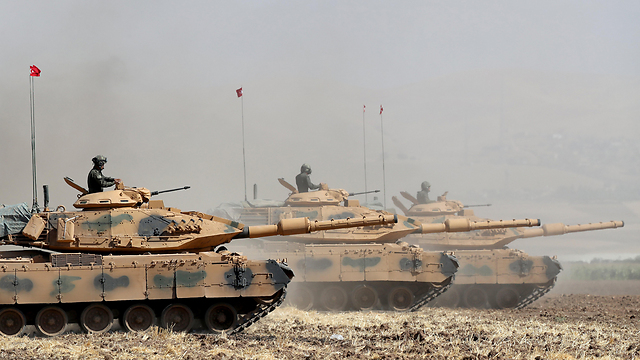
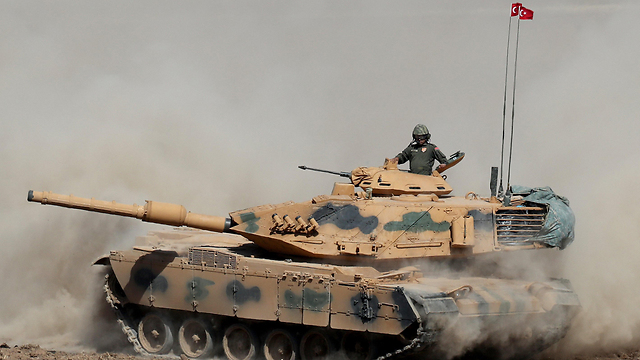
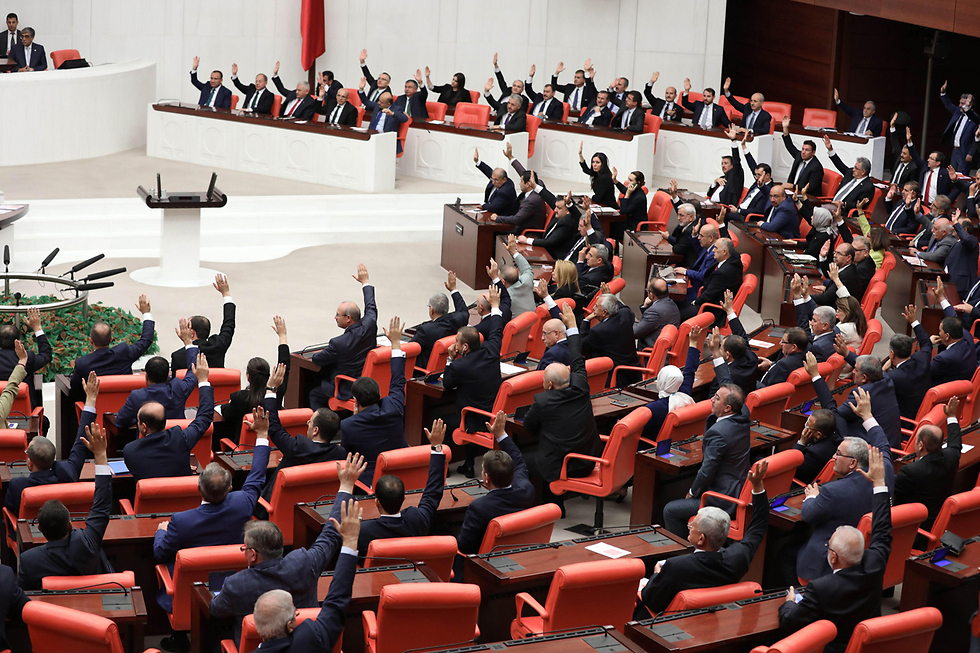
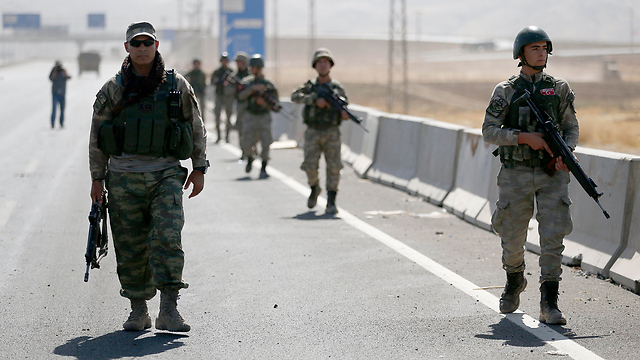
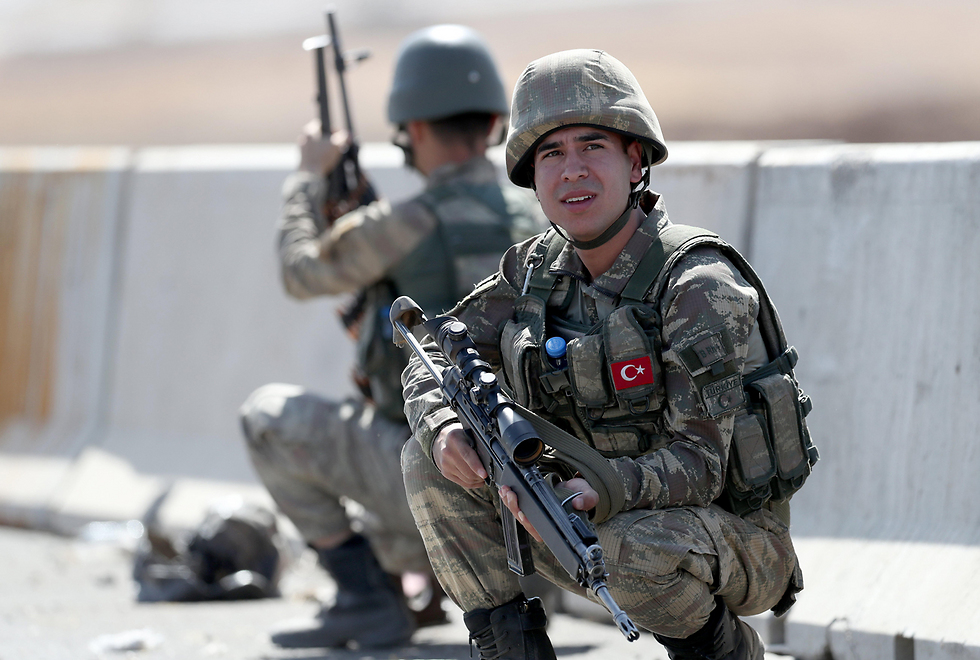
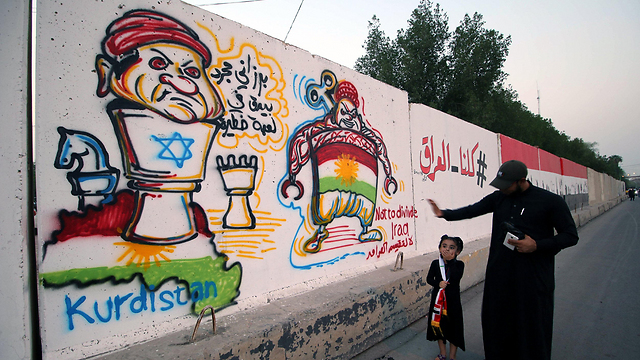
Comments
Post a Comment